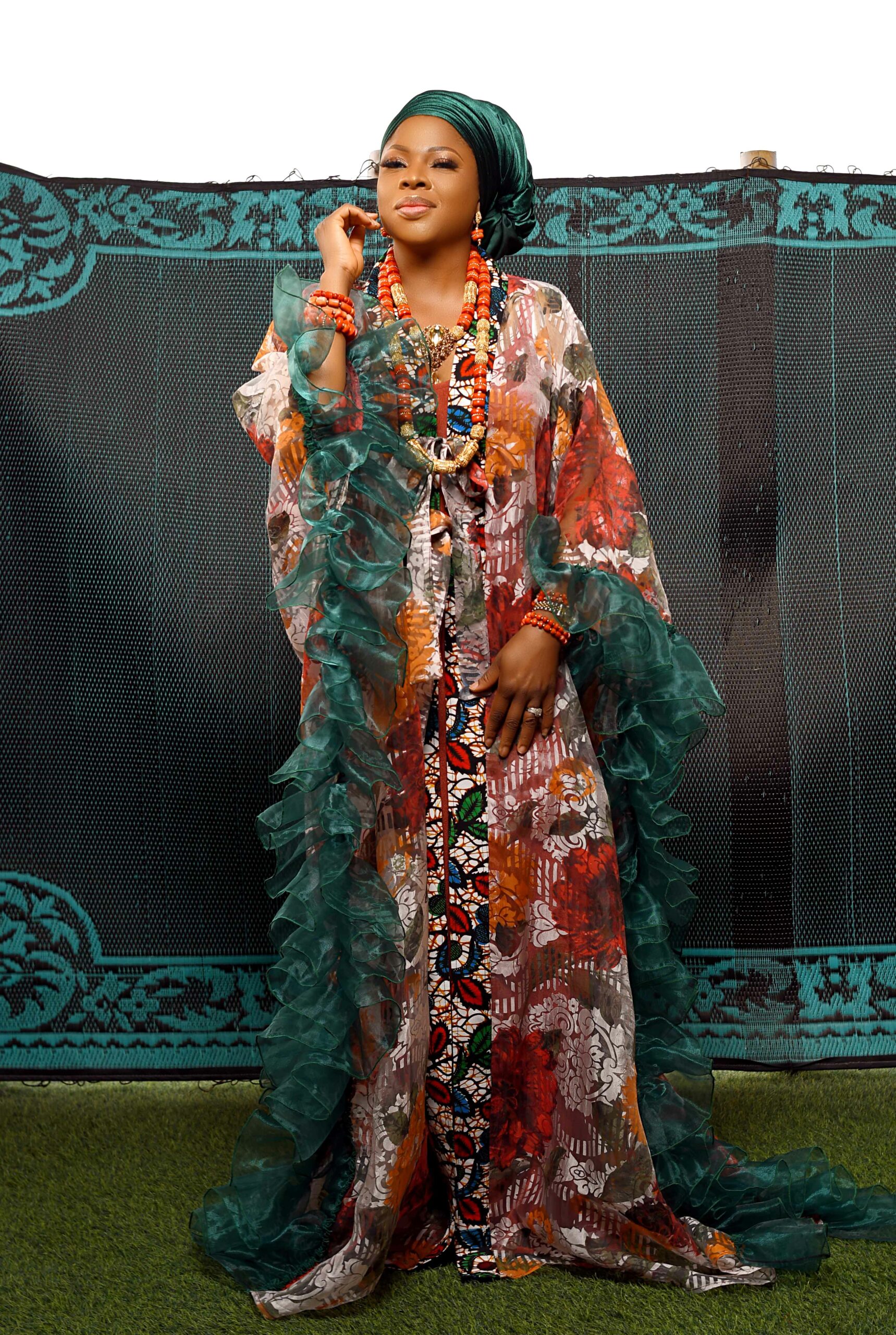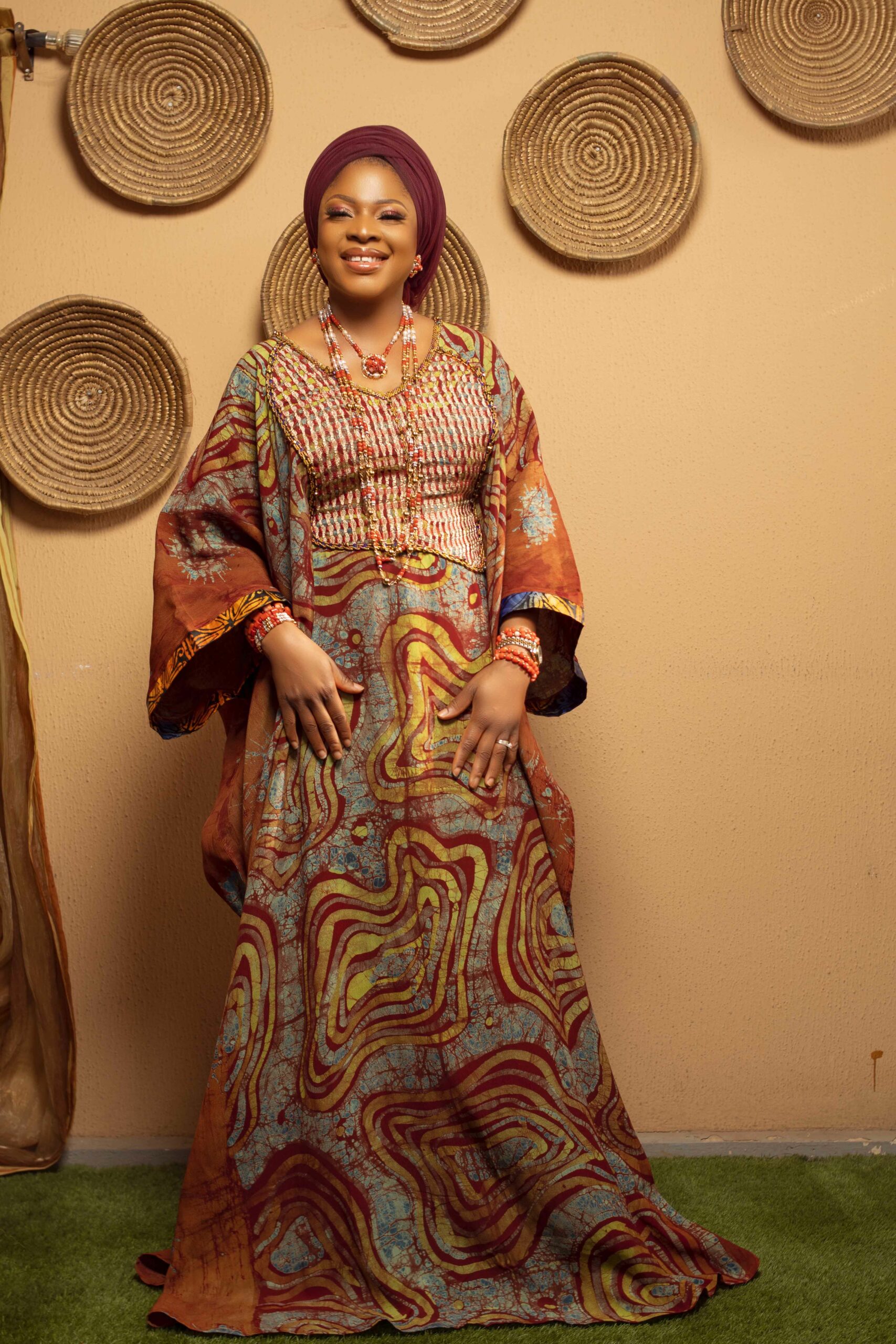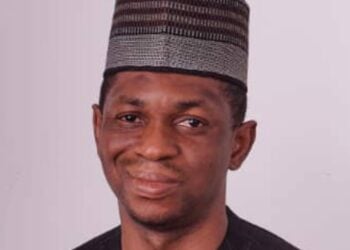Can you tell us a bit about yourself?
I am Her Regal Majesty, Queen Temitope Enitan-Ogunwusi. I am honoured to serve as the deputy convener of Hopesalive Initiative for Africa (HAI), a dedicated NGO focused on enhancing the lives of individuals across Nigeria and other African communities. Our mission revolves around instilling hope and fostering an improved quality of life because we firmly believe that no one should endure poverty and that everyone deserves the opportunity to flourish. In essence, our primary aim at HAI is to alleviate poverty and address social, economic, and environmental challenges, all in pursuit of establishing a more equitable society. Through our endeavors, we aspire to diminish hardships and create pathways for individuals to thrive and contribute positively to their communities.
Balancing royal duties, philanthropy, and personal life can be challenging. How do you manage your time effectively to ensure success in all areas?
Balancing royal responsibilities, philanthropic endeavours, and personal life requires meticulous time management. Prioritising tasks based on urgency and importance, delegating when necessary, and adhering to a disciplined schedule are my go-to strategies. These practices enable me to fulfill my commitments effectively while carving out essential moments for each aspect of my life. By allocating time strategically and being disciplined in task execution, I ensure that my duties as a royal figure and my philanthropic initiatives receive the attention they deserve. This approach also allows me to safeguard personal time, nurturing a balanced life amidst diverse responsibilities.
 What inspired you to start an NGO, and how has your vision evolved?
What inspired you to start an NGO, and how has your vision evolved?
The inspiration to establish Hopesalive Initiative for Africa (HAI) stemmed from a deep-seated desire to combat poverty prevalent in Nigeria and African communities. This vision resonated with the overarching goals of His Imperial Majesty, the Ooni of Ife, Oba Adeyeye Enitan Ogunwusi, aligning perfectly with our shared commitment to effect positive change. Since its inception, our vision at HAI has evolved dynamically, broadening its scope to tackle multifaceted challenges encompassing social, economic, and environmental fronts, all in pursuit of fostering a more equitable society.
How do you measure and evaluate the success and impact of your programmes?
I measure the success and impact of my programmes through rigorous evaluation. First, we track how much people a particular programme has impacted. We check how far the impact went in making their situation better. Lastly, we monitor and analyze the overall improvement in the well-being of individuals in the communities we serve to see how we can do better.
What are the key challenges your NGO has faced in implementing projects in Nigerian communities, and how have you overcome them?
Infrastructure limitations have been a significant challenge for Hopesalive Initiative for Africa (HAI) when implementing projects in Nigerian communities. To address this hurdle, we’ve proactively fostered local partnerships, enabling us to tap into communal resources and insights. Additionally, we’ve adapted our strategies to accommodate these constraints, tailoring innovative solutions that align with the specific contexts of each community. This approach has allowed us to navigate infrastructure limitations effectively, ensuring the successful implementation of our projects despite the challenges posed.

How does your NGO ensure cultural sensitivity and inclusivity in its programmes, respecting diversity of the communities you work with?
Cultural sensitivity and inclusivity are integral to our approach at Hopesalive Initiative for Africa as we engage with diverse communities. We prioritize these values by actively involving community leaders in our programmes and respecting and honouring local traditions. This collaborative approach ensures that our programme design and delivery are culturally sensitive and inclusive, respecting the diversity and uniqueness of each community we serve.
What are the key goals and aspirations your NGO has for the future in terms of expanding impact or addressing new challenges?
Our NGO’s future aspirations involve expanding our reach, intensifying the impact of our programmes, and proactively addressing emerging challenges. These goals are rooted in our dedication to fostering sustainable and meaningful change within the communities we serve.
Being involved in both traditional leadership and charitable work, what values do you believe are crucial for driving positive change in the society?
Integrity, empathy, and collaboration stand as paramount values in driving positive societal change, whether in traditional leadership roles or within charitable endeavours. These values serve as guiding principles, fostering trust, understanding, and unified efforts toward creating meaningful and lasting impact in society.
Being involved in both traditional and philanthropic realms, what advice do you have for individuals aspiring to make a difference in their communities?
My advice for individuals aspiring to make a difference in their communities is to embrace empathy, foster collaboration with local communities, and maintain persistence. Even small actions can pave the way for substantial positive change.
How do you use your platform to inspire others, especially young individuals, to engage in philanthropy and community service?
I leverage my platform to spotlight the transformative impact of philanthropy, aiming to ignite a passion for community service among young individuals. By showcasing real-life examples and stories of change, I inspire and encourage others to actively engage in philanthropic initiatives, fostering a spirit of service and contribution to society.
 Can you share a specific moment or achievement from your NGO work that has left a lasting impression on you?
Can you share a specific moment or achievement from your NGO work that has left a lasting impression on you?
One of the most poignant moments in my NGO work was our collaborative event on December 9, 2023, in partnership with the French Embassy. The focus was on combating Gender-based Violence (GBV) during the 16 days of Activism. Our aim was to educate and support young teenagers, aged 11 to 18, from various secondary schools in Lagos. Witnessing the impact of our efforts was deeply moving. Many families seemed to have averted potential crises in the future, as indicated by the feedback from the children. It was saddening to learn that some of these youngsters were already experiencing the same violence their parents faced at home. However, the event empowered them to take positive action and encouraged them to speak up when confronted with such distressing situations. The experience highlighted the importance of early intervention and education in preventing GBV. Knowing that we were able to equip these young minds with the tools and courage to address such sensitive issues was truly heartening. It underscored the significant role NGOs play in effecting positive change in individuals’ lives and breaking the cycle of violence within families and communities.
How do you unwind?
I unwind by creating time for moments of reflection, cultural activities, and spending quality time with loved ones. You know, balance is essential for sustained impact and personal well-being.






